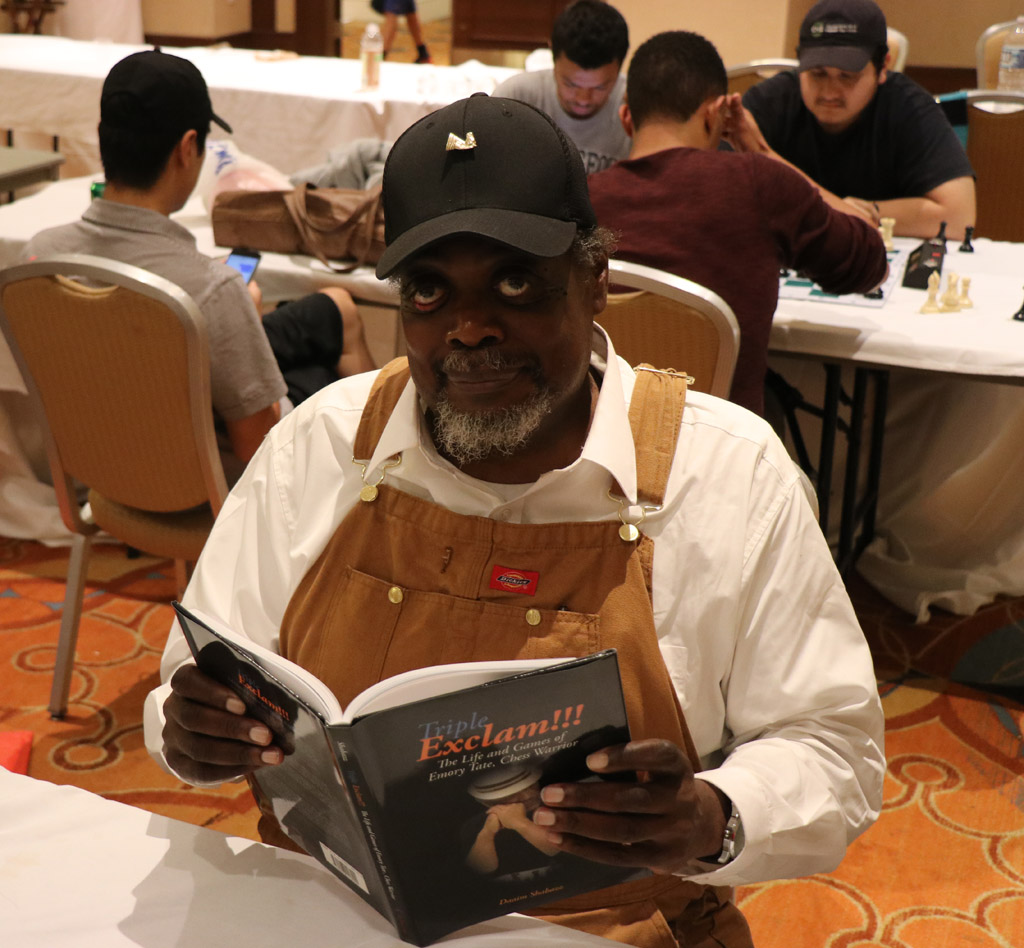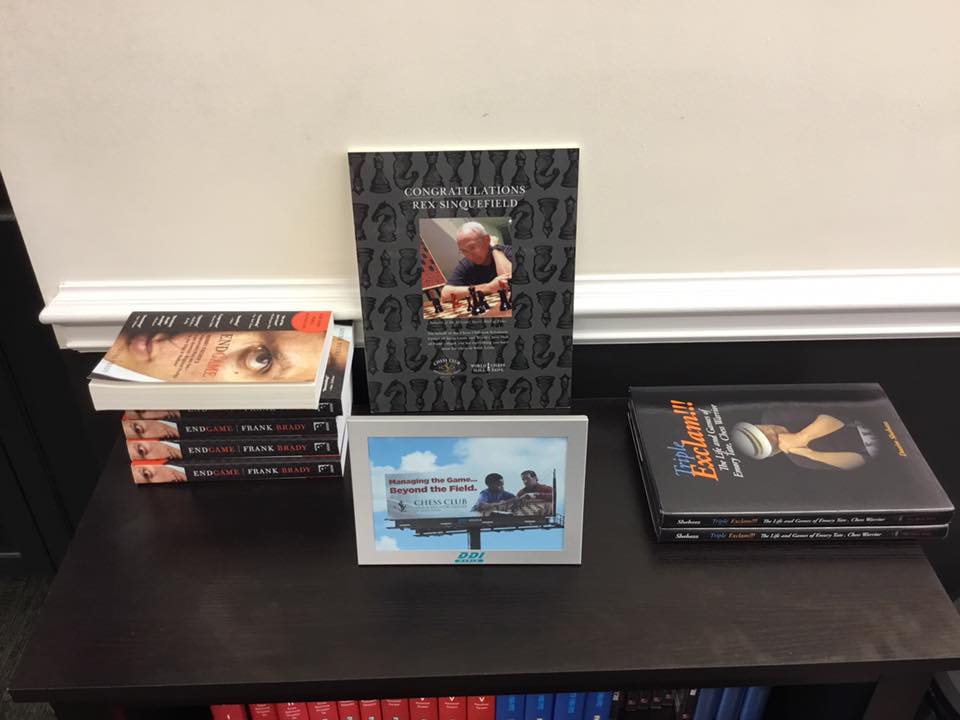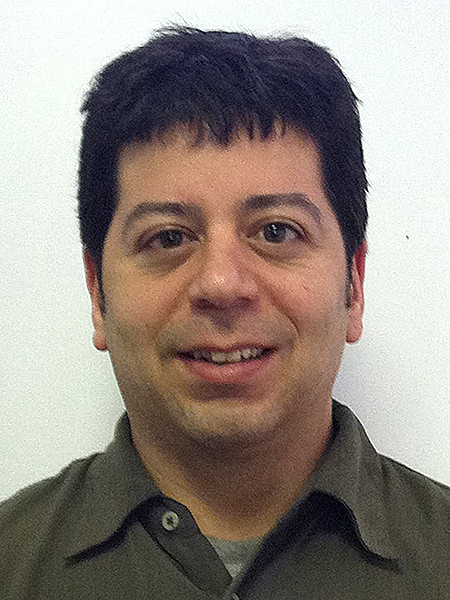

At least this proves the tournament did exist before 2002. The tournament must have had a different name in the other years. The USCF website is strangely incomplete for the CalChess Labor Day Tournament (which is the state championship for northern California).

The CalChess state champions who were listed in the California Chess Journal were: It certainly seems as if John Donaldson should know where I could get the information on Northern California champions. My prototypical example would be John Curdo, the 17-time state champion of Massachusetts, who has been a beast on the regional chess scene since forever but somehow never became as big a force on the national or international level.

If I can do that for all 51 chess states, that will keep me busy doing ChessLectures for a long time … So my idea is to take one champion from each state - probably someone who won several times and has plenty of games available online - and study ten or so of their games to get an idea of their style, then select one game to lecture on. Being a former state champion myself, I could even call it “My Great Predecessors.”
#Miro reverby series#
A fellow named Garry Kasparov, whom you might have heard of, even wrote a few books on that subject called My Great Predecessors.īut a series of lectures on great state champions… Now there’s something that I don’t think anybody has thought of before! And it’s a topic that is closer to my own capabilities. That’s cool, I thought, but it’s been done before. Now, you might be wondering… Why do I want this information? Well, a few months ago Dennis Monokroussos started doing a series of ChessLectures about each of the former World Champions. But I didn’t want to spend hours on any individual state.Īnyway, let me put out an open request: If anyone from the above 14 states has a complete or near-complete record of the state champions, or knows where I can find one on the Internet, please let me know! I put forth a reasonable effort for each state - both by doing a Google search and by browsing through the state federation’s website if the Google search didn’t turn up a hit. Unfortunately, I sold my Chess Life collection several years ago, so my collection goes back only to 2006.Īlso, it’s conceivable that for some of these states I missed or overlooked the list of champions. I don’t know quite how far back these yearbooks go, but I would guess at least 20 years. The US Chess Federation publishes a yearbook every April that lists the officially recognized state champions. Enlighten us!įor the delinquent states, it should be possible at least to piece together the recent years fairly easily.

Before then, “The failure of the state-wide organization to conduct championships for several years… provided one of the reasons for the formation of the SCCF.” Maybe it took northern California a while to get its act together… but surely somebody must know what happened between 19. The Southern California Chess Federation provides some interesting back story: California split into two “chess states” in 1977. I participated in some CalChess championships before 2002. The state where I live! By burrowing through past issues of the CalChess newsletter I found a list of winners from 2002 to 2010, but that must be incomplete. We owe him a debt of gratitude, but where are the champions since 1972? Why doesn’t the New York State Chess Association keep track? The best thing I could find was a list of champions from 1878 to 1972 on the website of an individual called The Colonel. That’s right, the state with the oldest championship of all, including past winners like Jose Raul Capablanca, Carlos Torre, Larry Evans, Arnold Denker, and Reuben Fine, does not appear to have an official record on its website. STATES WITH MISSING OR INCOMPLETE STATE CHAMPION DATA And they are not, for the most part, the ones you would expect. That leaves 14 states with records that are either absent or seriously incomplete. Possibly a few champions remain unknown from the earliest days of organized chess in those states, but it would take serious historical research and some luck to find out who they were. I counted 37 states that have what appear to be essentially complete records. Nevertheless, a remarkable number of state chess organizations keep extremely good records of their past state champions. It will probably surprise no one to hear that the information is scattered and incomplete. since the beginning of time (or since 1878, when the New York State Championship was first held). Last night I started looking online for lists of all the state chess champions in the U.S.


 0 kommentar(er)
0 kommentar(er)
